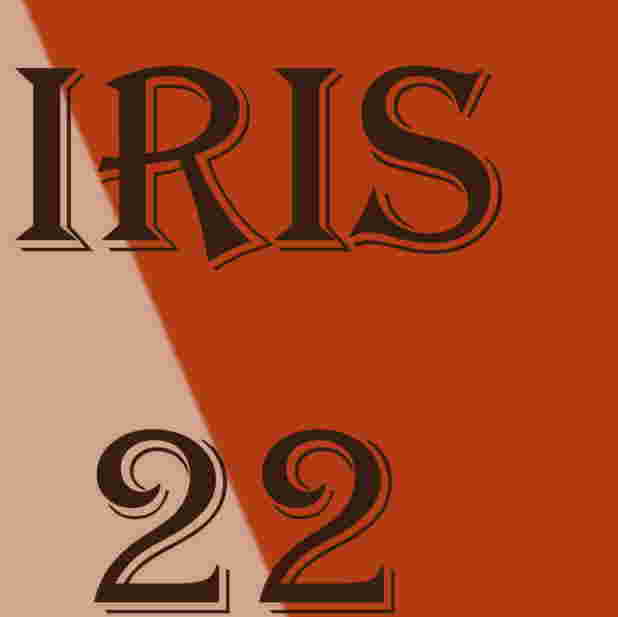 Enterprise Architectures for
Virtual Organisations
Enterprise Architectures for
Virtual Organisations
KEYNOTE SPEAKERS AND TOPICS
The Intellectual Challenge/Crisis of CSCW: The Gap Between Social Requirements and Technical Feasibility
Mark S. Ackerman
Computing, Organizations, Policy and Society
Information and Computer Science
University of California, Irvine
Over the last 10 years, Computer-Supported Cooperative Work (CSCW) has identified a base set of findings. These findings are taken almost as assumptions within the field. Indeed, some of these findings have been known and have been debated within Computer Science, Information Science, and Information Technology for over twenty years. In summary, the findings argue that human activity is highly nuanced and contextualized and that computational entities such as information transfer, roles, and policies are similarly nuanced and contextualized.
We do not know how to build systems that support the social world uncovered by these findings. It is not from lack of trying. Nor is it from lack of understanding by technical people. Numerous attempts have been made, not only within CSCW, but within many other subfields of computer science to bridge what will be called here the social-technical gap, the great divide between what we know we must socially support and what we can technically support. Technical systems are rigid and brittle - not only in any intelligent understanding, but also in their support of the social world.
This talk argues that the gap between what we know is required at the social level and what we can do at the technical level is at the intellectual center of CSCW and is a central research issue for HCI in general.
Note: Professor Ackerman will lecture about CSCW in more depth right after IRIS in the 9th Jyväskylä Summer School. The course will be organized so that people interested in both the CSCW and ERP (see below) courses of the summer school can take both. For more details about his course, please check http://www.jyu.fi/summerschool/cs.html. For more details about the summer school, please check Jyvaskyla Summer School . Do not miss this opportunity!
The New Industrial Engineering: Information Technology and the Transformation of Global Provisioning
John Leslie King
University of California, Irvine
It has been said that the changes enabled by information technology represent a shift as important at the end of the 20th century as the advent of industrial engineering was at the beginning of the century. Unfortunately, the analysis behind this claim is rather shallow, looking only at the particular contribution of F.W. Taylor's "scientific management" schemes. A closer examination reveals that the rise of industrial engineering was a protracted affair, taking place over approximately 100 years. And the current changes toward a new industrial engineering are, similarly, understandable in the span of many decades. This talk examines the underlying factors of the earlier era of industrial engineering, and builds on those lessons to explore the emerging era of the new industrial engineering. The discussion will show, among other things, that the words "industrial" and "engineering" have both clarifying and misleading influence on our understanding.
Implementation of Enterprise Resource Planning (ERP) systems in Organizations (Preliminary title)
Kuldeep Kumar
Erasmus University
Rotterdam
The Netherlands
Abstract of the talk will be announced a.s.a.p.
Note: Professor Sabine Hirt (City University of Hong Kong) will lecture about ERP systems and their implementation issues in depth right after IRIS in the 9th Jyväskylä Summer School. The course will be organized so that people interested in both the CSCW and ERP courses of the summer school can take both. For more details about her course, please check http://www.jyu.fi/summerschool/cs.html. For more details about the summer school, please check Jyvaskyla Summer School .